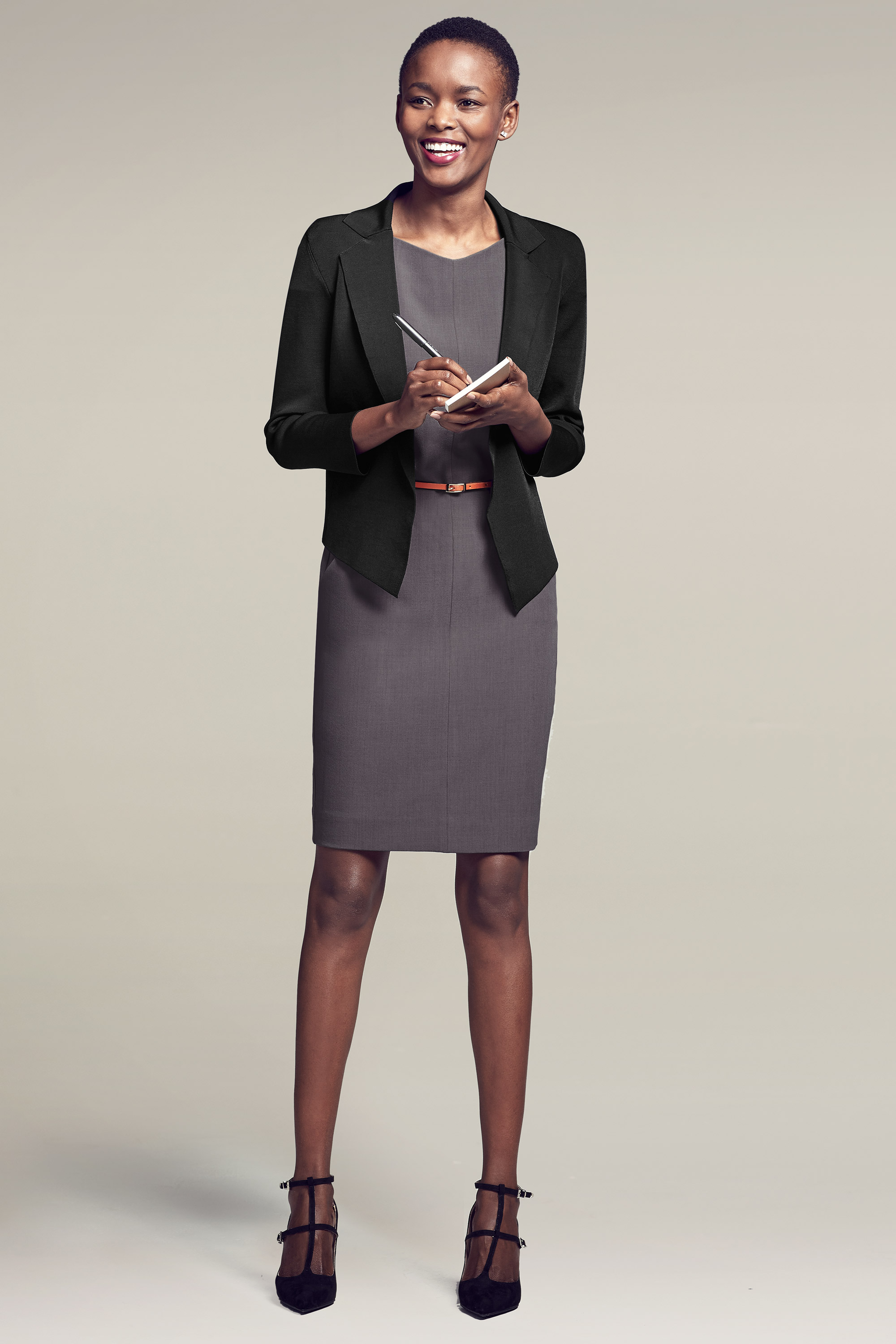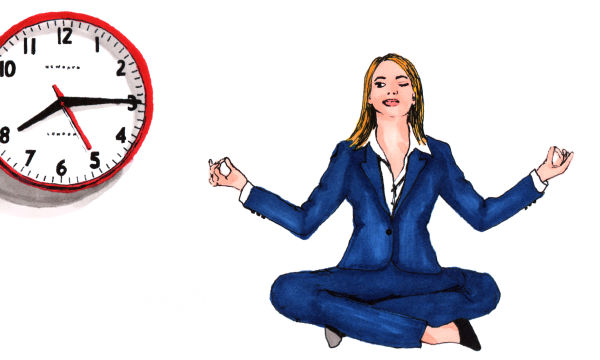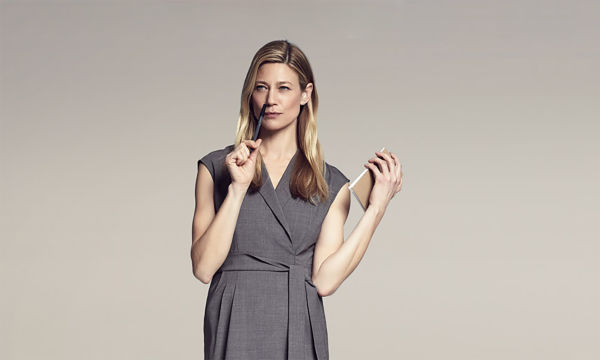Female Lawyers on Leaving Law Behind
January 29, 2016
On her first day as a summer associate, Allison Suter knew that law was the wrong career for her. “I didn’t admit [it] to myself for a few more years—I kept telling myself it would get better,” Suter, who practiced tax law for two and half years, says. “When Sundays started filling me with dread is when I knew for sure.” Suter is far from alone – many female lawyers are leaving law behind.
Though statistics vary, thousands of women have left the legal world behind to pursue careers in fields that don’t require a three-year, $150,000 degree. Today, there is a thriving industry filled with career coaches and self-help books to guide lawyers who want to leave firm life behind.
“Transitioning lawyers must not only engage in soul-searching, but also figure out concrete strategies for breaking into a new field, a task that might seem daunting to those who went the law-school-straight-to-law-firm route,” writes Leigh McMullan Abramson in a 2014 article for The Atlantic.
Abramson also knew early on that the legal world was not for her. “I went straight from college because I didn’t know what else to do, and I’m a pretty type-A person,” she told The M Dash. “I quickly realized that I wasn’t cut out to be a lawyer. I hated the antagonism of litigation, which gave me a lot of anxiety.”
For Shannon Forchheimer, another woman who left the law, the realization came when balancing her life as a litigator and a mother became untenable. “It’s not that becoming a lawyer was a mistake in and of itself, though I often think of other things I could have done that would have been more fulfilling,” she says. “Instead, being a lawyer didn’t end up fitting into what I wanted for a family life. That became apparent to me after I had my second child, and balancing work with family became nearly unmanageable.”

Chart your next steps in a versatile work dress and an elegant knit blazer.
Forchheimer is now a stay-at-home mom to three boys (she also is an instructional assistant for online legal courses at George Washington University, a freelancer for Montage Legal Group, and the author of her own blog, But I Do Have a Law Degree). She has no regrets about trading in a lucrative career for the responsibilities of child-rearing.
“I get to spend every day with my children, and that is a gift,” she says. “It’s not glamorous, and it’s certainly not always fun, but it’s a gift nonetheless. I feel very lucky, and I don’t miss document review or Westlaw research. At all.”
After leaving the law, Abramson became a freelance writer and journalist. While she, too, has no regrets about leaving the legal world (“if anything, I wish I’d stopped sooner”), she continues to use skills honed during her six years spent in corporate litigation, including being organized, setting deadlines, and writing clearly and succinctly. She also writes about lawyers and the legal world; having that background, she says, has been a huge boost for her career.
For those considering leaving the law, parlaying valued skills is one way to kick-start a job search. In his Wall Street Journal article, “How To Change Careers If You’re A Lawyer,” author Dennis Nishi highlights that lawyers’ transferable skills are huge boons that should be leveraged when changing careers. He also suggests pursuing non-legal jobs related to one’s legal specialty.

Switch up your lifestyle, but maintain your professional style in a modern cream top and the perfect black work pant.
This is how Suter became the creator of a highly successful tax software for Canadians. After realizing that the market for this type of software was lacking in Canada, she worked with her husband and a friend to create user-friendly program SimpleTax. The company was recently acquired by TaxAct, an American tax preparation software package.
Despite switching fields, Suter still applies her experience as a tax lawyer. “[I use my legal background] in some obvious ways, like swimming through the Income Tax Act trying to interpret provisions, and in some not-so-obvious ways as well, like writing, time management… and most importantly, critical thinking,” she says.
Though neither said leaving the law was easy, both Suter and Abramson find their new paths significantly more fulfilling.
“Every day I work on something that makes peoples’ lives a little bit better,” says Suter. “Tax time can be stressful, and we’re trying to not only empower people to do their own tax returns, but also to let them have a little bit of fun while doing it.”
Of her new writing career, Abramson says: “I actually wake up and want to get to work. In many ways, it’s much harder than being a lawyer because I have to be creative and no one is telling me what to do, but it’s infinitely more fun.”
Both women emphasized the importance of following one’s heart.
“When I look back, being a litigator at a big firm wasn’t the right fit for me—kids or not,” says Forchheimer. “If I had loved my job, perhaps things would have turned out differently. Don’t be scared to take a risk, or a leap, or a break.”








